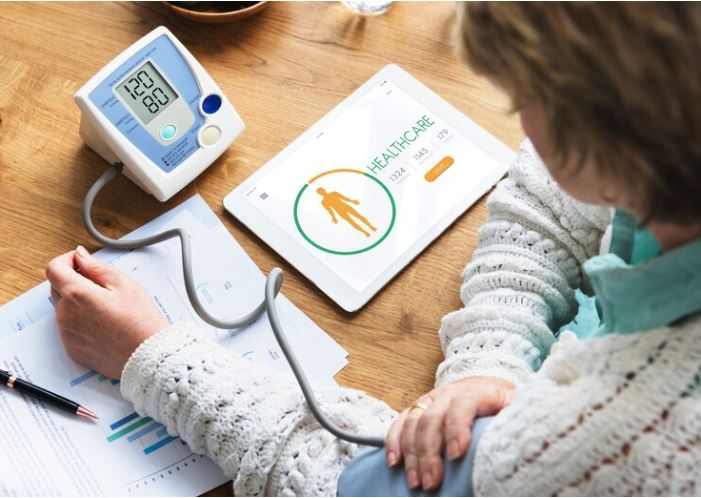Project Description
Author: Amin et al.
Summary:
Insulin Degludec/Insulin Aspart (IDegAsp) has shown better efficacy in diabetes management. This study evaluates its real-world effectiveness in among Bangladeshi patients with diabetes.
Methodology: A retrospective review of records at the outdoors of Bangladesh Institute of Research and Rehabilitation in Diabetes, Endocrine, and Metabolic Disorders (BIRDEM) was conducted. It included diabetic patients over 18 years who were prescribed IDegAsp at baseline, with up to 12 months of follow-up. The main outcome measured was the change in HbA1c levels. A generalized estimating equation model was used to explore factors associated with HbA1c changes between follow-ups.
The study included 90 patients with a mean age of 60.7 years, and 54.4% were male. The baseline median HbA1c was 9.05%, which significantly reduced to 9.00% at follow-up (p=0.031). Key influencing factors on HbA1c changes included hypothyroidism, which was associated with a 0.970 unit decrease (95% CI: -1.870 to -0.068, p=0.035), and prescription of glibenclamide, leading to a 1.94 unit reduction (95% CI: -3.27 to -0.619, p=0.004). Chronic kidney disease and liraglutide prescription showed the opposite effect. Patients also experienced an improvement in total cholesterol and triglyceride levels at the end of study.
Conclusion: The study demonstrates the effectiveness of IDegAsp in managing diabetes in Bangladesh, indicating a need for further research to confirm these findings and explore broader implications of IDegAsp use in diabetes management.
Status: Ongoing
Full text link: Not available



